Acne in Virginia, Washington D.C. and Maryland.
Embark on a journey of aesthetic excellence with The Naderi Center. Experience unparalleled artistry and precision for transformative beauty.
Acne Treatment Benefits
Embrace a life-changing solution with Acne Treatment that truly works. Say goodbye to persistent breakouts, blackheads, and scars. At our state-of-the-art facility, we offer treatments that pave the way for clearer, smoother, more radiant skin. Take control of your complexion and elevate your confidence like never before.
Clearer Skin
Break the cycle of endless breakouts and welcome a visibly clearer complexion to elevate your confidence.
Reduced Scarring
Experience the joy of smooth skin as our treatments actively reduce acne scarring, giving you a fresh canvas.
Long-Term Control
More than a quick fix—our Acne Treatment ensures ongoing skin health, reducing the likelihood of future breakouts.
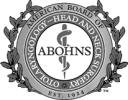

What is Acne?
Acne, or acne vulgaris, is a common skin condition affecting teens and young adults ages 11-30. Acne usually appears on the forehead, chest, upper back, shoulders, and face. The location and severity of the acne vary depending on the individual, and for some people, it can lead to emotional distress and cause scarring on the skin. The sudden onset of acne in older adults can be a sign of an underlying medical condition that should be addressed.
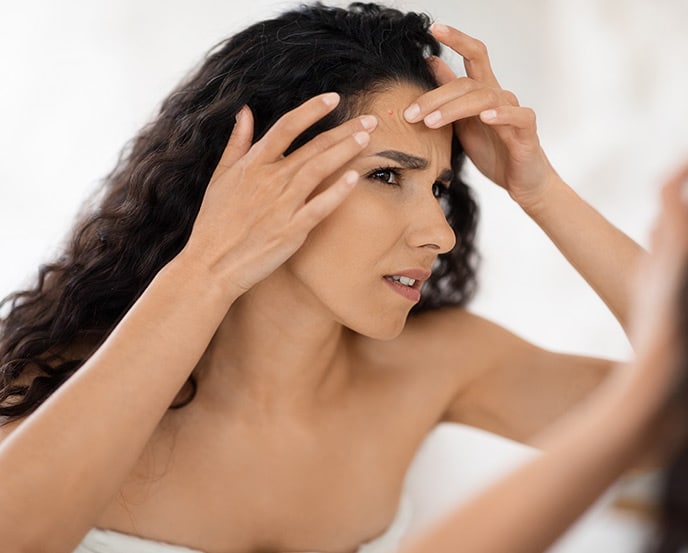
Causes of Acne
We all have pores all over our skin, which consist of a hair follicle and a sebaceous gland that produces an oily substance known as sebum. Sebum keep hair healthy and protects our skin from losing water. During puberty and with certain hormonal abnormalities, pores can enlarge and produce more sebum. Sebum also helps create a comfortable environment for bacteria that live on the skin. When a pore becomes plugged due to excess sebum and dead skin cells, it can become infected with bacteria. Inflammation and pus may result underneath the skin, giving rise to acne.
Factors Known to Aggravate Acne
- Aging
- Certain foods
- Chronic stress
- Family history
- Dead skin buildup
- Skin producing too much oil, clogging the pores
- Hormonal changes
- Certain medications
- Excess friction or pressure on the skin
- Inflammation of the skin
- Presence of bacteria (P. acnes) in pores
Classifying Comedones
Whitehead
Hair follicle that is plugged and congested and encapsulated under the skin.
Blackhead
Hair follicle that is plugged and congested but exposed to air, resulting in brown color.
Diagnosing Acne
Blackheads
Blackheads are non-inflammatory, small, dark-pigmented lesions on the surface of the skin. Their dark color comes from the open pore being exposed to air.
Causes
- Increase in oil production
- Puberty
- Sweat
- Oil-based cosmetics
- Humidity
- Medications
Treatments
- Cleansing twice daily with acne face wash
- Routine mechanical and chemical exfoliation of dead skin cells
- Switching to mineral-based makeup
- Healthy diet
- Topical products with salicylic acid, benzoyl peroxide, and glycolic acid
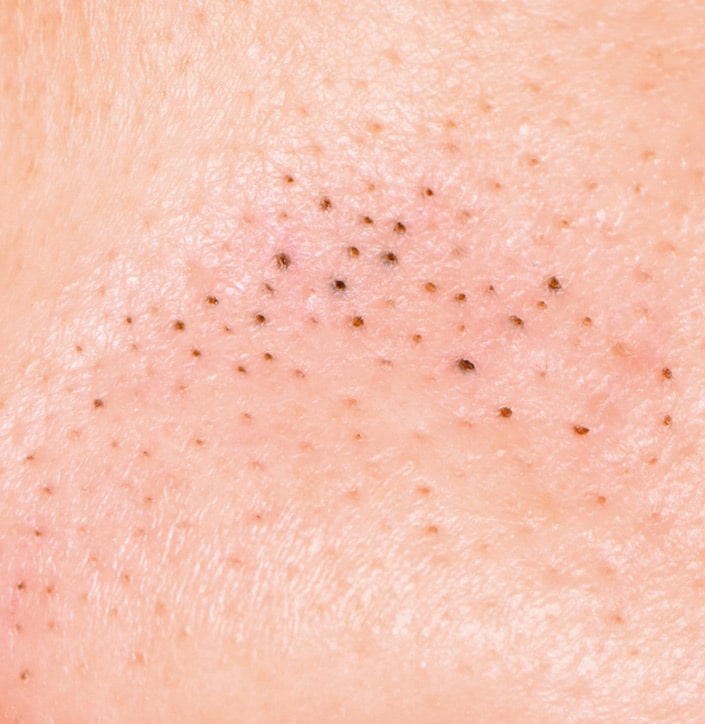
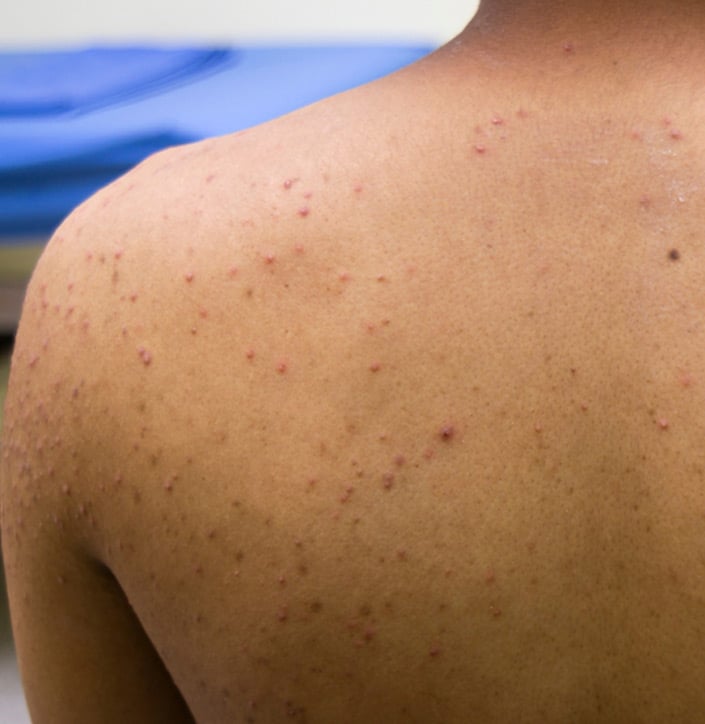
Papules
Papules are small, hard, tender, red dome-shaped bumps that have pushed deeper into the skin.
Common Treatments
- Cleansing twice daily with acne face wash
- Routine mechanical and chemical exfoliation of dead skin cells
- Switching to mineral-based makeup
- Healthy diet
- Topical products with salicylic acid, benzoyl peroxide, and glycolic acid
- Topical prescription strength retinoids medication: adapalene (Differin), tretinoin (Retin-A), and tazarotene (Tazorac)
Pustules
Pustules are similar to papules except that they contain a whitish-yellowish fluid inside. The white fluid, or pus, is a result of your body’s immune response trying to fight off the bacteria that have entered the follicle. They mostly occur in areas of the body that are oilier, like the face and neck, and they are often inflamed and sensitive to touch.
Treatments
- Do not POP the acne
- Cleansing twice daily with acne face wash
- Routine mechanical and chemical exfoliation of dead skin cells
- Switching to mineral-based makeup
- Healthy diet
- Topical products with salicylic acid, benzoyl peroxide, and glycolic acid
- Oral prescription medication: antibiotics, Accutane
- Topical prescription strength retinoids medication: adapalene (Differin), tretinoin (Retin-A), and tazarotene (Tazorac)
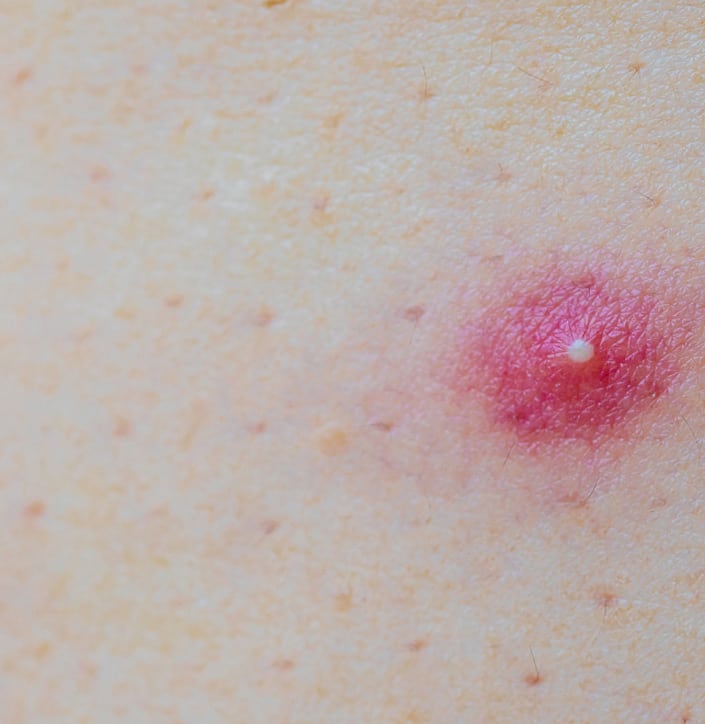
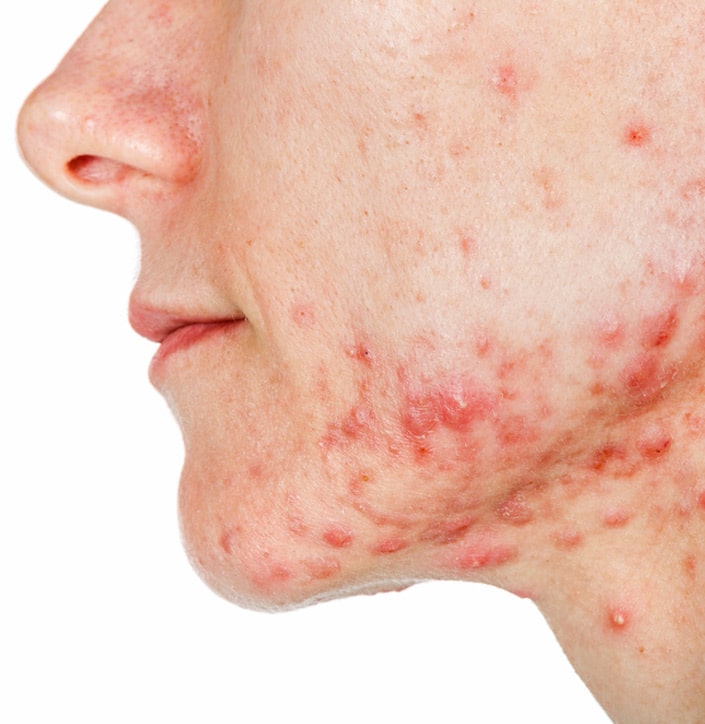
Nodules
Nodules are small, hard, yet painful acne lesions under the surface of the skin. When bacteria gets trapped in the pore and becomes infected, the infection is carried on underneath the skin, causing redness and swelling.
Treatment
- Do not POP the acne
- Cleansing twice daily with acne face wash
- Routine mechanical and chemical exfoliation of dead skin cells
- Switching to mineral-based makeup
- Healthy diet
- Topical products with salicylic acid, benzoyl peroxide, and glycolic acid
- Oral prescription medication: antibiotics, Accutane
- Topical prescription strength retinoids medication: adapalene (Differin), tretinoin (Retin-A), and tazarotene (Tazorac)
Cysts
Cysts are the most severe type of acne. They are hard, painful lesions under the surface of the skin. They form from the complete blockage of the pores causing inflammation and infection. Cysts can form anywhere in our body where there are hair follicles, typically because of hormonal changes in a person. They are a type of acne that is known to bring emotional distress and insecurities because of the skin’s appearance.
Treatments
- Cleansing twice daily with acne face wash
- Routine mechanical and chemical exfoliation of dead skin cells
- Switching to mineral-based makeup
- Healthy diet
- Topical products with salicylic acid, benzoyl peroxide, and glycolic acid
- Oral prescription medication: antibiotics, Accutane
- Topical prescription strength retinoids medication: adapalene (Differin), tretinoin (Retin-A), and tazarotene (Tazorac)
- Oral contraceptives
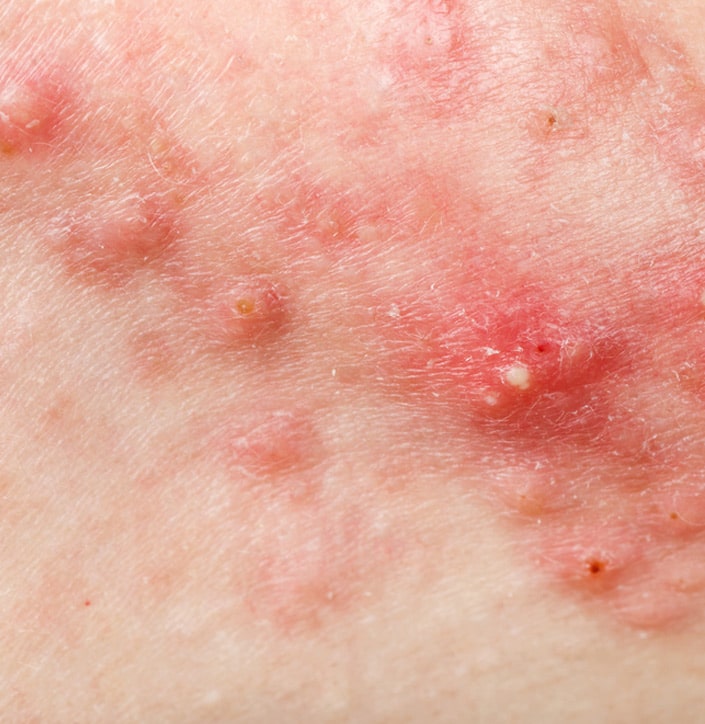
Acne Before & After photos
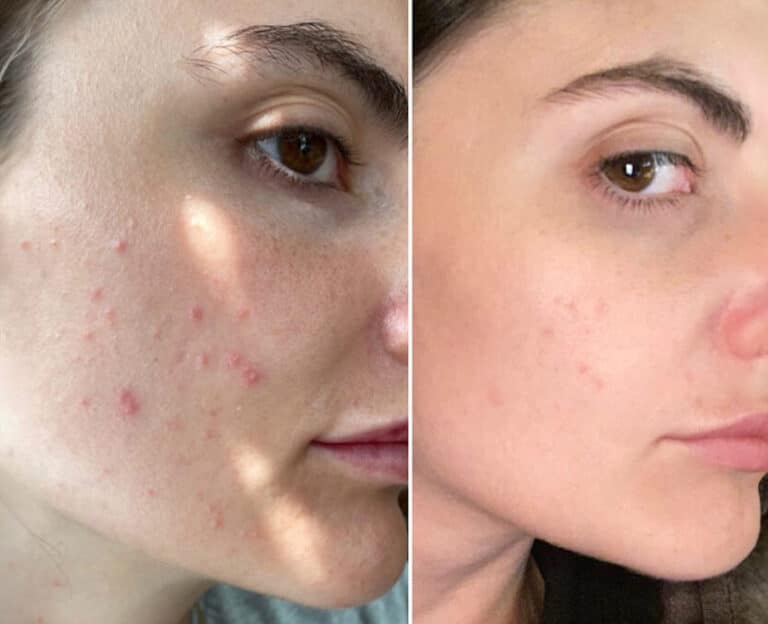
Prevention of Acne
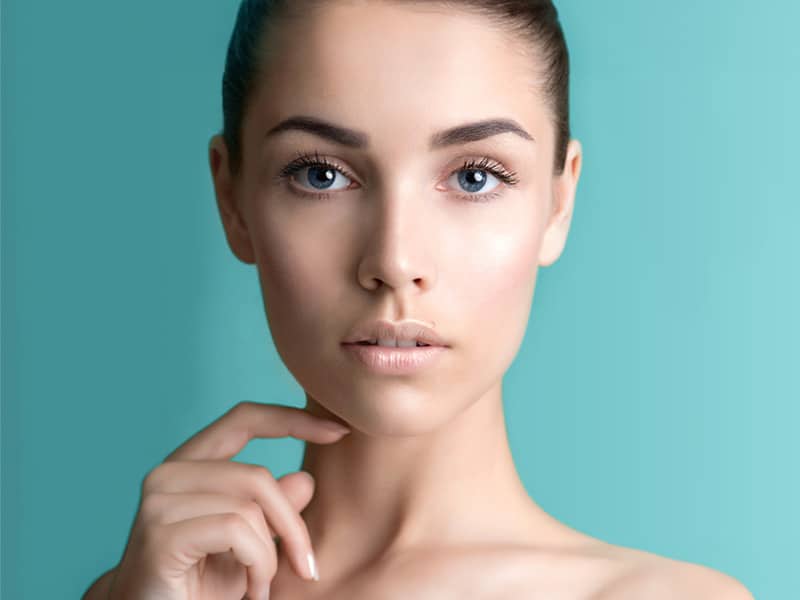
- Wash your face twice a day with acne face wash
- Avoid excess scrubbing and exfoliation
- Avoid touching your face
- Do not pop or pick at blemishes
- Wear loose clothing if suffering from body acne
- Avoid oil-based makeup and skincare products
- Avoid excessive sun exposure leading to excess sweating or sun damage
- Eat a healthy diet
- Use topical retinoid cream to improve dead skin cell turnover
- Consider more aggressive therapy prescribed by a dermatologist if conservative preventative measures do not work
Treatment Options for Acne
Topical Treatments
Topical creams and serums are formulated to reduce sebum production and promote the turnover of dead skin cells. Products containing salicylic acid, glycolic acid, or benzoyl peroxide are known to be effective in reducing breakouts by regulating sebum production. Topical retinoids, specifically tretinoin and tazarotene, have been known to assist with the removal of dead skin cells and the reduction of inflammation.
Isotretinoin
Isotretinoin belongs to a group of medications derived from vitamin A. It targets the various steps responsible for causing acne, including inflammation, sebum production, abnormal keratinization, and colonization with Propionibacterium acnes.
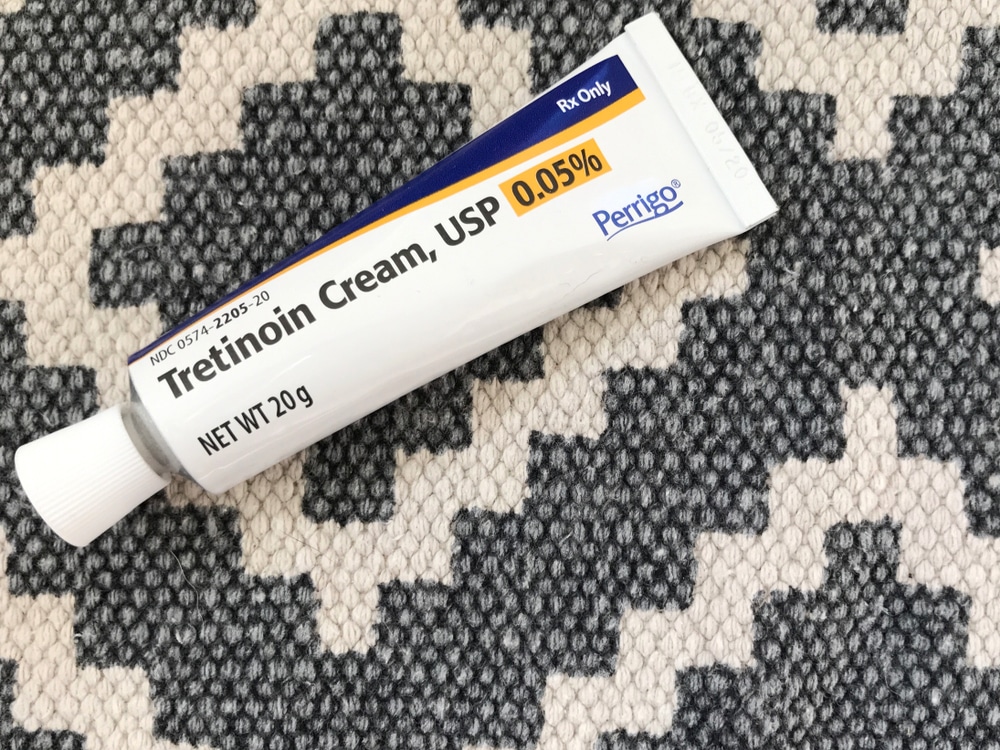
Accutane
Accutane is a prescription medication for severe and/or recalcitrant acne. Recalcitrant acne is acne that has not responded to multiple other therapies, including antibiotics. Severe acne is when many red, tender nodules (bumps or lumps) form in the skin, which can cause permanent scarring. Accutane works by shrinking the sebaceous or oil glands in the skin to prevent the development of clogged pores and acne lesions.
The typical duration of Accutane treatment is 4-5 months with monthly visits and laboratory monitoring. It should be noted that Accutane has been linked to severe side effects, including birth defects. Therefore, treatment is closely monitored through the iPLEDGE program (website link available).
The typical side effects of Accutane include skin redness, dryness, peeling, dry eyes, dry mouth, chapped lips, and, infrequently, nosebleeds. It is crucial to consult a board-certified dermatologist to assess your eligibility for this treatment and to supervise your progress while receiving treatment. Certain cosmetic procedures such as laser, microneedling, and others are not recommended while taking Accutane.
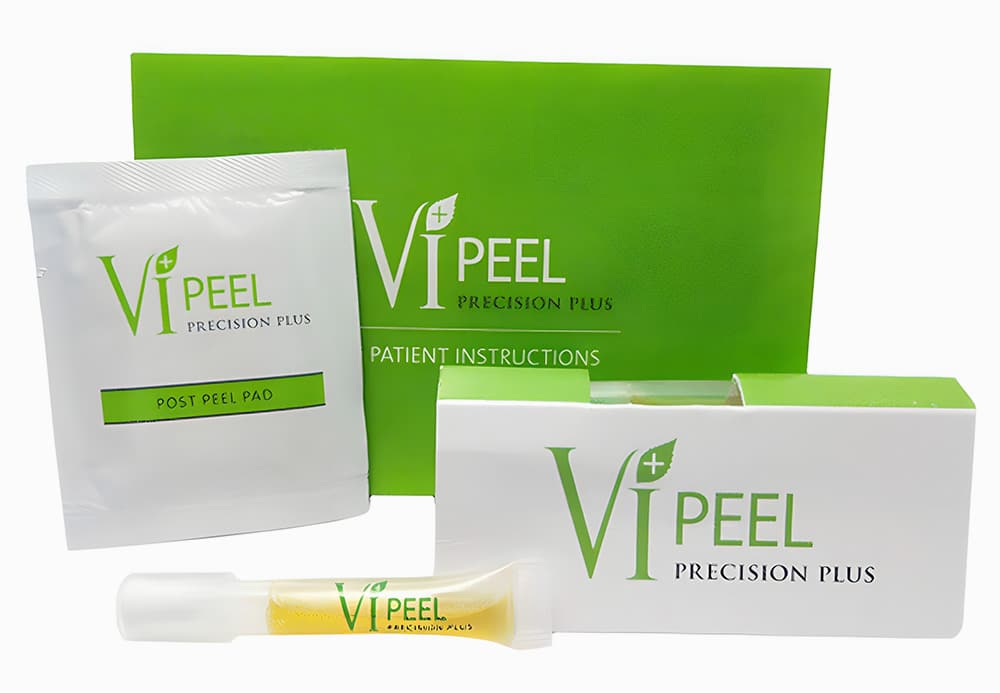
Chemical Peels
The Naderi Center provides chemical peels that are tailored to patients with acne. The VI Purify peel contains a combination of benzoyl peroxide, kojic acid, hydrocortisone, TCA, salicylic acid, retinoic acid, phenol, vitamin C, and a proprietary mineral blend. The VI Purify peel is a light chemical peel that targets acne, large pores, pigmentation irregularities, and discoloration. This light peel has little downtime but has been proven to improve skin clarity and reduce acne scarring. We also offer a variety of TCA concentration peels for both spot treatment and total face treatment of acne and acne scarring.
Comedone Extractions
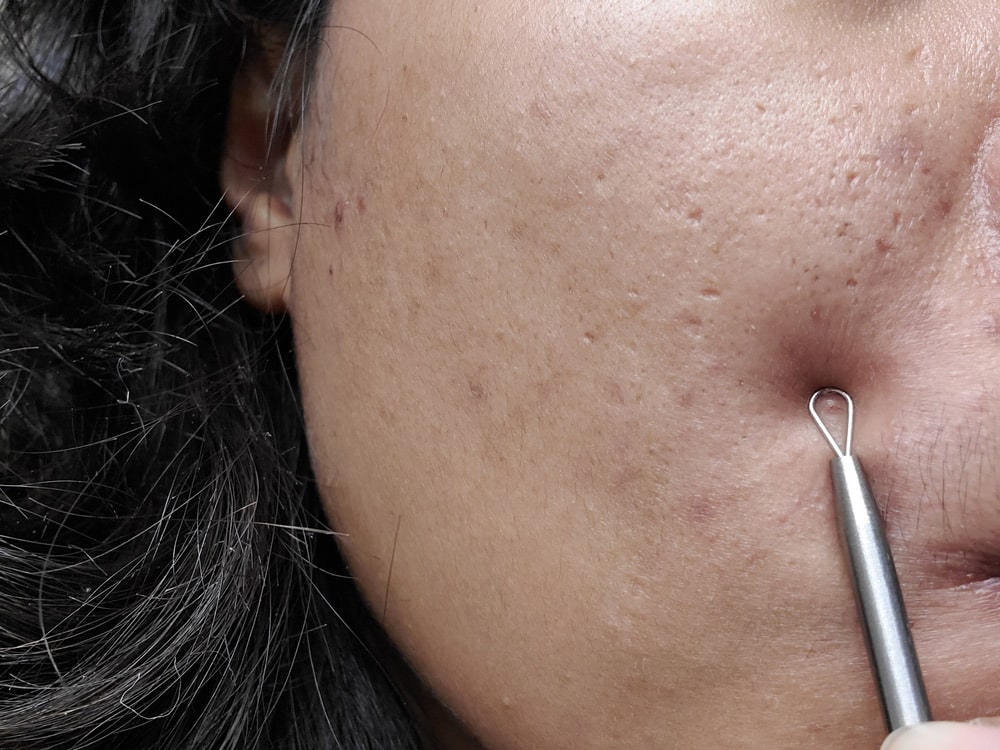
Steroid Injections
Antibiotics
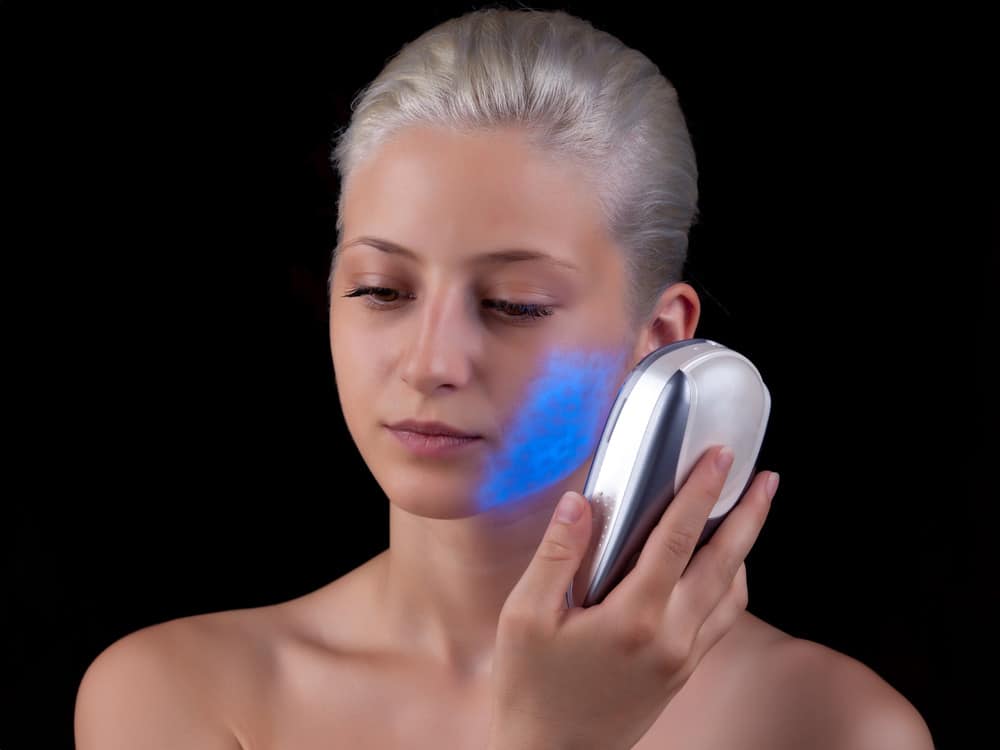
Light Therapy For Acne Treatment
Research suggests that exposure to natural sunlight may lead to improvement in patients’ acne, based on clinical observations. The precise mechanism behind this observation remains uncertain, but it is believed that light-based therapies can reduce levels of Propionibacterium acnes and decrease the size and activity of pilosebaceous glands.
Studies have shown that the blue light spectrum can effectively reduce bacterial levels and provide anti-inflammatory effects on the skin, particularly on the keratinocytes. The Naderi Center provides blue light therapy to treat acne for our patients. The facial treatments are usually administered weekly for a duration of 6-8 weeks. As part of their treatment, patients may be prescribed a topical skincare routine that works in conjunct ion with light therapies.
Hormone Therapy
Medical Grade Skincare
The Naderi Center provides patients with VISIA Skin Analysis and medical-grade skincare products that are proven to be more effective in treating acne than over-the-counter options.
- Slow sebum production
- Exfoliate skin cells to unclog pores
- Tighten pores
- Neutralize bacteria-causing acne breakouts
- Reduce redness
- Revive dull-looking skin
Acne Diagrams
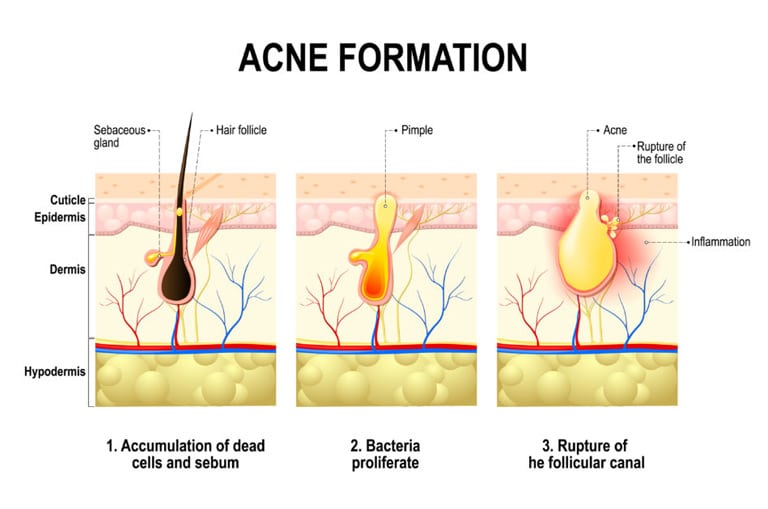
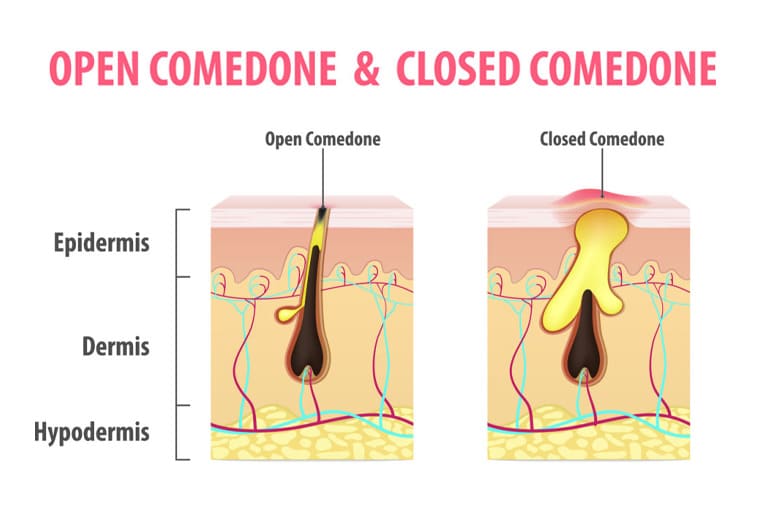
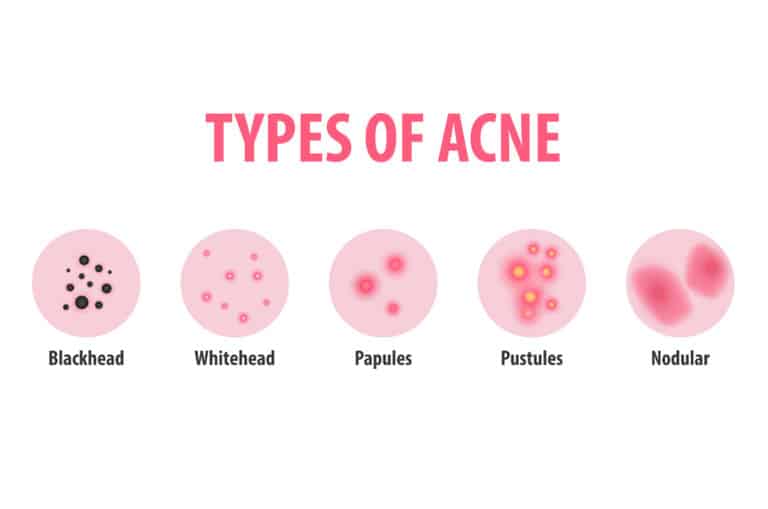
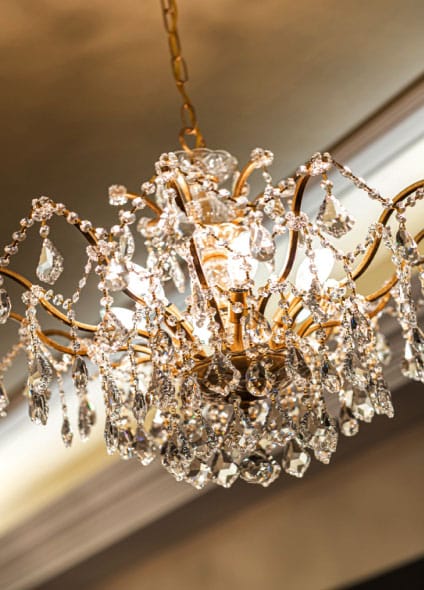
Schedule your Acne Consultation
The Naderi Center has been providing skincare and cosmetic procedures to patients in Virginia, Maryland, and Washington, D.C., for over a decade, establishing itself as a prominent leader in the field. The Naderi Center is recognized for producing highly skilled physicians and surgeons with specialized areas of expertise. Patients seek out The Naderi Center for expertise on their specific procedure or condition. For additional information or to arrange an appointment for an acne treatment consultation, please contact one of The Naderi Center’s two offices. A patient coordinator can be reached at our Reston, Virginia, office at 703-481-0002 and our Chevy Chase, Maryland, office at 301-222-2020.
Testimonial
“…I want to thank you and your office staff for my new self confidence. You and your staff made the entire experience much easier than I could have ever imagined. Thank you!”
Acne Specialists, Dr. Alexandra Snodgrass
Board-certified dermatologist Dr. Alexandra Snodgrass is extremely knowledgeable and skilled when it comes to acne treatment and prevention. Our specialist approaches each patient as an individual and try to develop a treatment plan that is customized to their lifestyle and goals. Not all skin types are the same; therefore, not all acne is the same. Whereas one individual’s acne can be managed with topical skincare and light treatments, another individual may need to be placed on Accutane. Dr. Snodgrass has extensive training in many invasive as well as non-invasive treatment options that can help you clear your skin of acne once and for all.
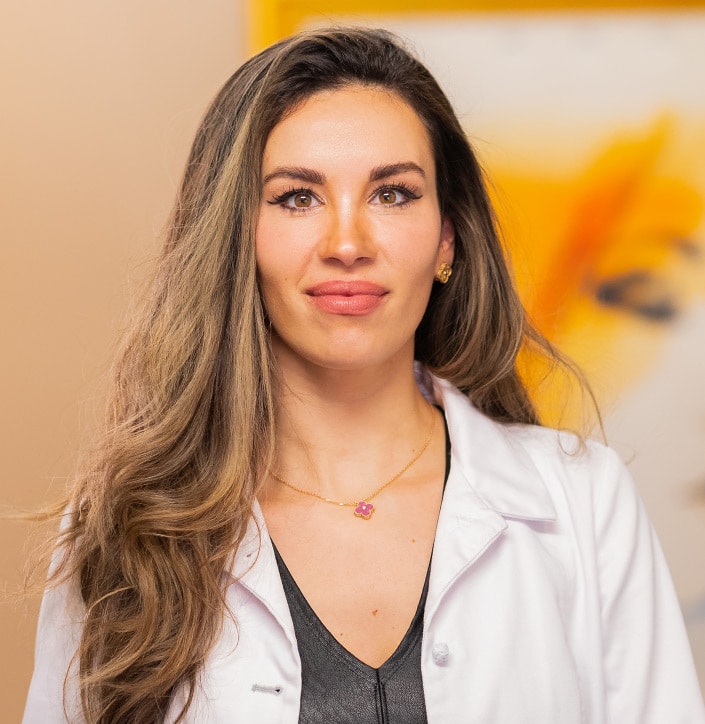
Acne FAQs
What causes adult acne and how can it be treated?
Adult acne can be caused by hormonal changes, stress, diet, and improper skincare. Treatments include topical retinoids, oral medications, and lifestyle adjustments. Consulting a dermatologist can help identify the best approach for individual cases.
Are there any effective treatments for hormonal acne?
Yes, hormonal acne can be effectively treated with oral contraceptives, anti-androgen medications like spironolactone, and topical treatments containing retinoids and benzoyl peroxide. A dermatologist can recommend the best combination based on individual needs.
How does diet impact acne and what changes can help?
Diet can significantly impact acne. Foods high in sugar and dairy can exacerbate breakouts. Reducing intake of these foods and incorporating more fruits, vegetables, and omega-3 fatty acids can improve skin health.
Can stress really cause acne and what are the solutions?
Stress can trigger acne by increasing hormone levels that stimulate oil production. Managing stress through practices like yoga, meditation, and regular exercise can help reduce acne flare-ups.
What is cystic acne and how is it different from other types?
Cystic acne is a severe form of acne characterized by deep, inflamed lesions that are often painful. Unlike other types, it requires more aggressive treatment such as prescription medications and sometimes corticosteroid injections.
How effective are over-the-counter acne treatments?
Over-the-counter acne treatments can be effective for mild to moderate acne. Products containing benzoyl peroxide, salicylic acid, and alpha hydroxy acids can reduce inflammation and unclog pores. Consistent use is key to seeing results.
Are there any long-term solutions to prevent acne scars?
Preventing acne scars involves early and effective treatment of acne. Using non-comedogenic skincare products, avoiding picking at blemishes, and seeking professional treatments like chemical peels or laser therapy can help minimize scarring.
How can one manage acne during pregnancy safely?
Managing acne during pregnancy requires caution. Topical treatments like azelaic acid and glycolic acid are generally safe. It's important to avoid retinoids and certain oral medications. Consulting with a healthcare provider is crucial.
What role do genetics play in acne?
Genetics can play a significant role in the likelihood of developing acne. If parents had acne, their children are more likely to experience it. Understanding genetic predisposition can help in choosing effective preventive measures and treatments.
How often should one exfoliate to help with acne?
Exfoliating 2-3 times a week can help manage acne by removing dead skin cells and preventing clogged pores. However, over-exfoliating can irritate the skin and worsen acne. Using gentle exfoliants is recommended.
Who specializes in acne treatment at The Naderi Center?
What makes Dr. Snodgrass’s acne approach unique?
Dr. Snodgrass believes that no two skin types are the same, and therefore no two acne treatment plans should be. Her approach blends medical-grade skincare with customized, goal-driven strategies to deliver long-term, clear skin results.
What acne consultation office is near me?
If you live in the states of Virginia or Maryland, The Naderi Center for Plastic Surgery and Dermatology offers acne consultation among its services. For a full list of services, please visit our Locations page.